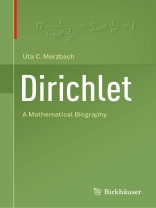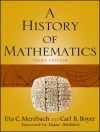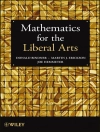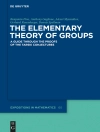This is the first extensive biography of the influential German mathematician, Peter Gustav Lejeune Dirichlet (1805 – 1859). Dirichlet made major contributions to number theory in addition to clarifying concepts such as the representation of functions as series, the theory of convergence, and potential theory. His mathematical methodology was explicitly based on a thorough knowledge of the work of his predecessors and his belief in the underlying unity of the branches of mathematics. This unified approach is exemplified in a paper that effectively launched the field of analytic number theory. The same orientation pervaded his teaching, which had a profound influence on the work of many mathematicians of subsequent generations.
Chapters dealing with his mathematical work alternate with biographical chapters that place Dirichlet’s life and those of some of his notable associates in the context of the political, social, and artistic culture of the period. This book will appeal notonly to mathematicians but also to historians of mathematics and sciences, and readers interested in the cultural and intellectual history of the nineteenth century.
Table des matières
Preface.- Acknowledgments.- Abbreviations and Conventions.- Rhineland.- Paris.- First Success.- Return to Prussia.- Early Publications.- Berlin.- Publications: 1829 – 1830.- Maturation.- Publications: Autumn 1832 – Spring 1839.- Expanding Interactions.- Publications: 1839 – 1845.- A Darkling Decade.- Publications: 1846 – 1855.- Göttingen.- Aftermath.- Lectures.- Centennial Legacy and Commentary.- Bibliography.- Index.












